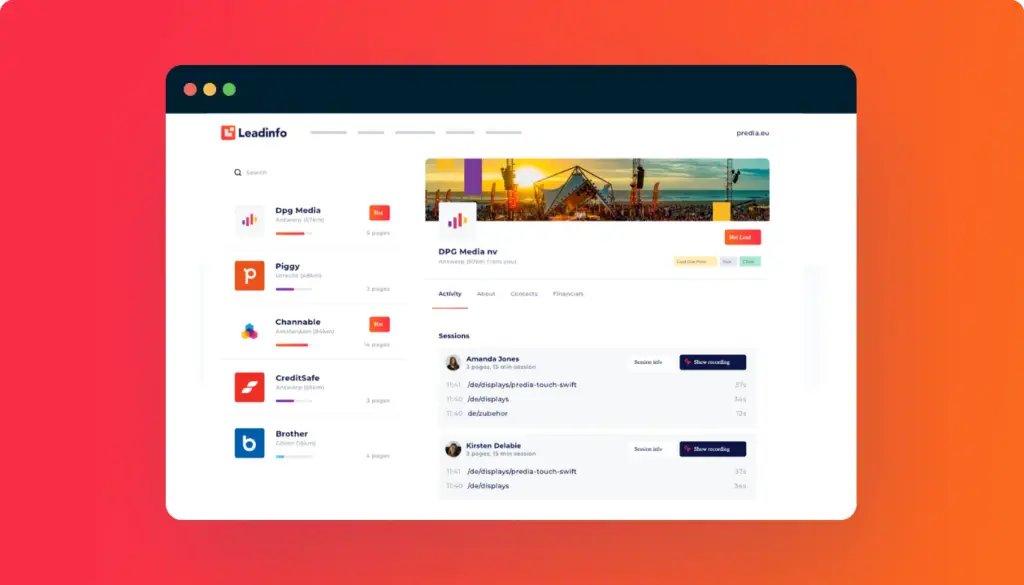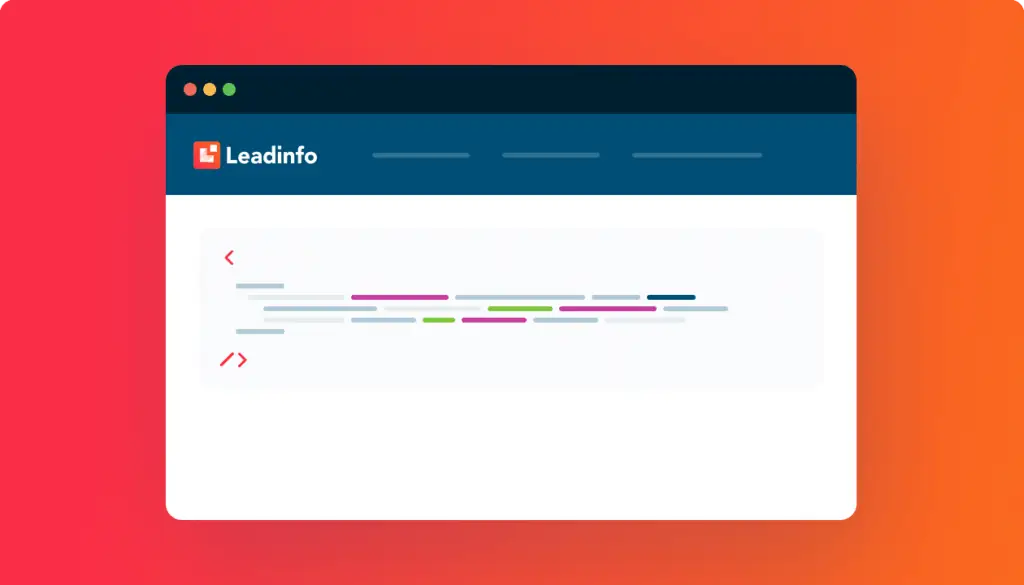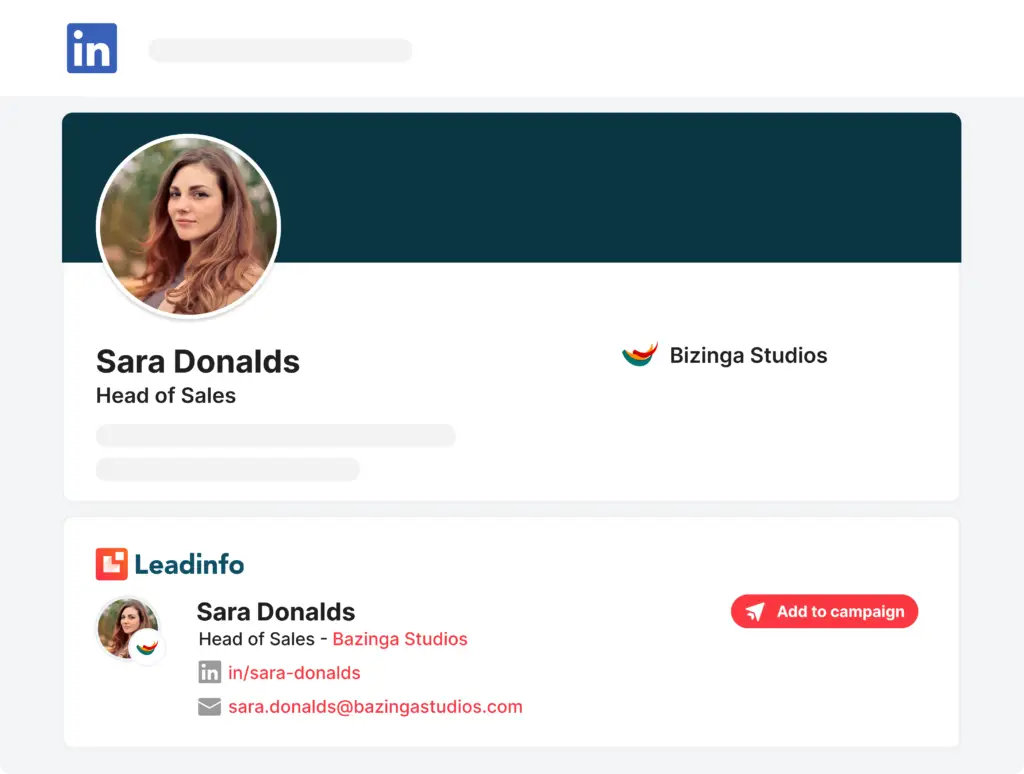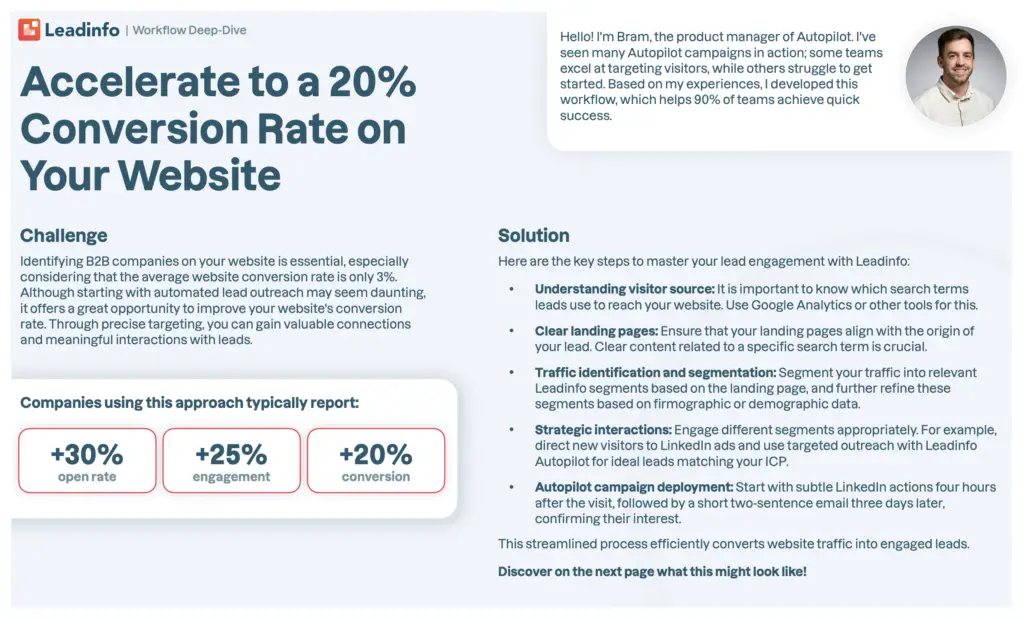
Get a complete overview of all the features of the Leadinfo Inbox.
Read the documentation

Read the documentation

Read the documentation

With one simple click, target leads via LinkedIn with this Chrome extension.
Download the extension

Download the eBook

And transform anonymous website visitors into customers
Product
Features
Language
Partners
Pricing
Resources
Company
Your price tier is based on the unique companies we identify monthly – roughly 30% of your website visitors.
Don’t worry; after the trial, we’ll send you a tailored proposal. You’ll never pay more than you want!
Companies identified
Monthly cost
0- 50
€ 49
51 – 100
€ 79
101 – 250
€ 129
351 – 500
€ 149
501 – 750
€ 199
751 – 1000
€ 269
1001 – 1500
€ 399
1501 – 2000
€ 449
1501 – 2000
€ 499
Companies identified
Monthly cost
0- 50
€ 59
51 – 100
€ 99
101 – 250
€ 149
351 – 500
€ 179
501 – 750
€ 259
751 – 1000
€ 339
1001 – 1500
€ 449
1501 – 2000
€ 549
1501 – 2000
€ 599